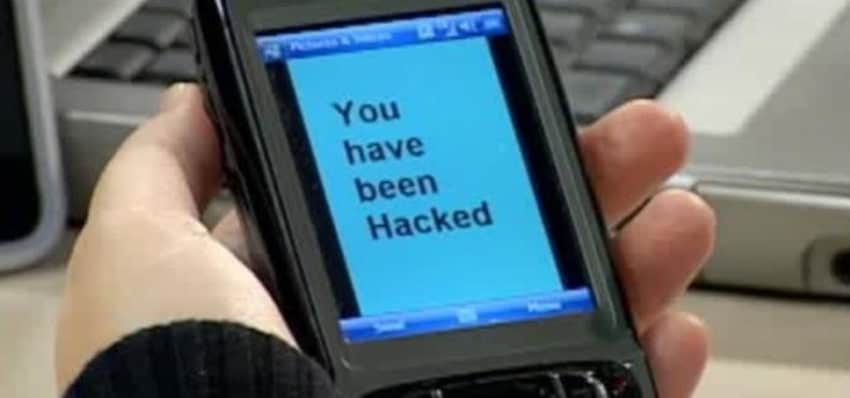India is one of the many countries using Israeli spyware to hack the smartphones of human rights activists, journalists and businessmen.
Israeli company NSO Group Technologies had given licences to governments of many countries around the world to use the spyware called Pegasus. Pegasus hacked the phones of journalists, human rights activists and businessmen after an investigation of 17 media partners worldwide.
Paris-based non-profit journalism organisation Forbidden Stories and human rights organisation Amnesty International accessed the list and shared it with media organisations that researched the information. Investigation shows that citizens in different countries of the world monitored 50,000 smartphones, including 37 used by journalists, human rights activists and big business figures.
Two of the phones were used by women who were close associates of Saudi journalist Jamal Khashoggi, who was murdered in Turkey in 2018. The software is developed by the Israeli company NSO and has clients from around the world. The company has a position in the private spyware industry that spies independently of regulations.
Use of spying software in India
The victims of the hacking include ministers from the ruling Bharatiya Janata Party (BJP) and some influential people from Pakistan.
Indian investigative journalism website The Wire reports that 300 mobile phone numbers used in India are on the leaked list, which includes ministers, opposition politicians, journalists, scientists and humanitarian activists.
These numbers include the numbers of more than 40 Indian journalists affiliated with major publishing houses such as Hindustan Times, The Hindu and The Indian Express. Also on the list are telephone numbers of the founding editors of the Indian news website The Wire.
The Washington Post, one of the media partners, said in an article about the spying software that the phone numbers on the list did not include names, but that reporters had identified 1,000 people in 50 countries. They include members of the Arab royal family, at least 65 businessmen, 85 human rights activists, 189 journalists and more than 600 politicians and government officials including several presidents and prime ministers. Journalists are from organisations including CNN, the New York Times and Al Jazeera.
Many of the numbers were clustered in 10 countries: Azerbaijan, Bahrain, Hungary, India, Kazakhstan, Mexico, Morocco, Rwanda, Saudi Arabia and the United Arab Emirates, according to the reports.
The hacking scandal of an Israeli company spying on the mobile phones of thousands of people around the world has caused a stir around the world and people are demanding investigation into the matter.
On the other hand, the NSO Group, after the report came to light, rejected all the allegations and termed the scandal a conspiracy against it. The agency said it provides services to governments around the world to prevent corruption, including terrorism and extremism, and has no personal interest in providing services to governments.
On the other hand, Pakistan’s Information Minister Fawad Chaudhry has also expressed concern about the phone hacking scandal. In a tweet, Fawad Chaudhry said, “Extremely concerned on news emerging from @guardiannews that Indian Govt used Israeli software to spy… more details are emerging.”
Extremely concerned on news reports emerging from @guardiannews that Indian Govt used Israeli software to spy on Journalists,political opponents and politicians,unethical policies of #ModiGovt have dangerously polarised India and the region… more details are emerging
— Ch Fawad Hussain (@fawadchaudhry) July 19, 2021
Also, Pakistan’s Human Rights Minister Shireen Mazari has criticised the 10government of India and Narendra Modi for spying on his own cabinet members. She said that “apparently the Israeli firm NSO is seeking the approval of the Israeli government to sell this spyware, so this connection is clear.”














